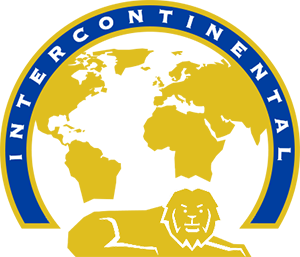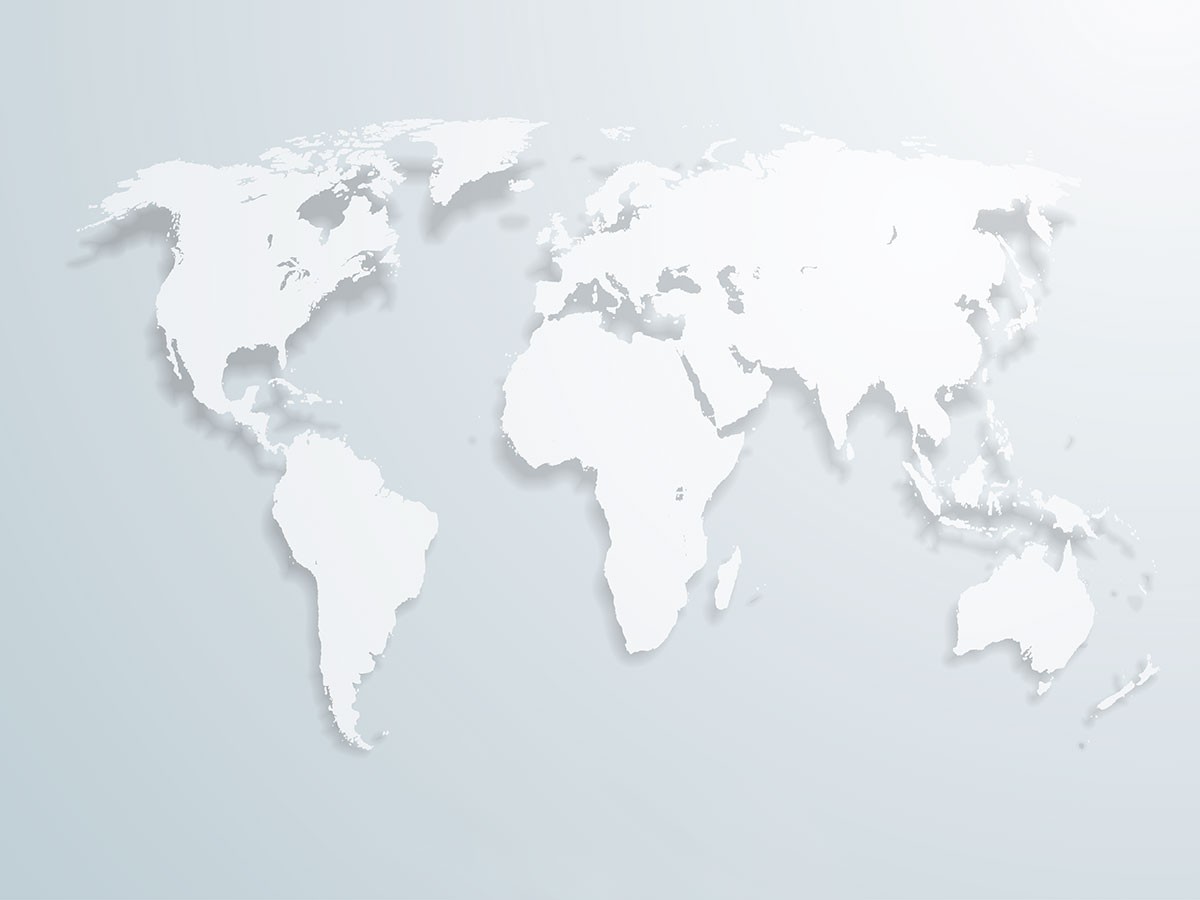To Our Valued Clients,
The rapid global spread of the Coronavirus (COVID-19) and the state and federal governments’ evolving containment policies have certainly made life as we know it challenging on both personal and business fronts. As your strategic business partner, InterContinental Insurance Brokers, LLC is committed to being your professional and educational resource for all risk management and insurance-related matters, and we stand ready to assist you in developing effective solutions for adapting to the crisis in a timely manner.
Over the past several days, we have fielded many questions from our clients regarding how their insurance policies will respond to a pandemic crisis of this nature and what their expectations should be with regards to insurance coverage availability. The most common types of insurance coverage that are best suited for providing protection against exposures associated with the current event are identified below. Coverage exceptions may exist based on an Insured’s individual risk profile and specifically tailored insurance policy language and terms. However, generally speaking, we expect standard property-casualty policies to respond to losses from the Coronavirus in the following manner:
- Property/ Time Element Coverage: Loss of business income is a primary concern of companies facing partial or total interruptions of operations with negative economic consequences. Additionally, many businesses are at risk of contingent interruptions and loss of income due to the closure of a dependent facility, key customer or supplier. Standard Property policies require direct physical loss or damage to real and personal property that is caused by a covered cause of loss in order to trigger coverage for resulting Loss of Business Income and Extra Expenses incurred from the closure of premises for sanitization purposes and the remote relocation of operations to ensure business continuity. This coverage requirement applies to any direct or contingent business interruption including those mandated by a governmental order to self-quarantine or shelter in place, as losses
- Environmental Insurance: Insurers have yet to test whether COVID-19 is a insurable form of pollutant or contaminant. Environmental Liability policies often afford coverage for the cleanup and decontamination coverage for the discharge, dispersal, release or escape of bacteria or viruses at premises that are scheduled on the policy. However, policies commonly contain coverage exclusions and limitations related to the manner in which a virus is communicated, as well as requiring that decontamination efforts be ordered by a governmental body or public health agency before coverage is triggered.
- Commercial General Liability: Potential Commercial General Liability claims would likely allege negligence on the part of an individual or business for failing to protect a customer, invitee or other third party from exposure to the virus. Many liability policies contain exclusions that preclude coverage for third party bodily injury or property damage from an infectious disease. From a practical perspective, it would also be extremely difficult for a claimant to prove that he or she contracted the Coronavirus at a particular premises given the expanding widespread exposure of the outbreak.
- Workers’ Compensation: Workers’ Compensation laws pertaining to communicable disease claims vary by state. Illnesses related to pandemic events are usually not considered occupational illnesses or diseases because of their wide spread nature and the fact that they are not related to a specific type of work or occupational hazard. With a few exceptions, including healthcare workers and employees who can prove their exposure to the virus in a specific work or employment-related travel environment, most employees will not be considered at greater risk than the general public in determining whether their injuries and lost wages are compensable under a Workers’ Compensation insurance.
- Travel Insurance: Travel Insurance policies typically contain specific exclusions pertaining to known epidemics that affect worldwide travel. COVID-19 became a known event on January 22, 2020 and was globally recognized as an epidemic as of February 3, 2020. Claims for lost travel fees, change fares and related supplemental travel expenses are generally not covered if due to a foreseeable event including pandemics, governmental travel warnings or bans or even consumer travel fears. We anticipate that little to no coverage will exist for these types of travel-related financial hardships. Allianz Global and several other insurers are providing some Emergency Medical Care and Trip Cancellation coverage as an accommodation to Insureds who contracted COVID-19 before or during a trip, but this limited protection is afforded under some but not all policies depending on the coverage options originally purchased. If you must travel in the near future, we suggest that you utilize an airline that has implemented free change and cancellation policies rather than purchase supplemental Travel Insurance at this time.
While the Coronavirus is an unexpected, fortuitous event beyond the control of individuals and businesses, the crisis will likely be uninsurable for most Insureds. Subsequently, we recommend that our clients do not rely on insurance for economic relief and other forms of indemnification. Rather, the current focus should be creating and implementing a comprehensive business continuity and crisis management plan aimed at safeguarding the health and well being of your families and employees, and mitigating operational interruptions and reductions in revenue to the best of your ability. Several resources that may be helpful with this task include:
- https://www.cdc.gov
- https://www.osha.gov/Publications/OSHA3990.pdf
- https://www.mass.gov/info-details/covid-19-guidance-and-directives
- https://www.mass.gov/news/baker-polito-administration-announces-10-million-small-business-recovery-loan-fund
We will continue to keep our clients apprised of the insurance industry’s response to the pandemic as information becomes available. We are hoping that the industry will respond in the same positive manner that it did following the events of 9/11 when circumstances were beyond anyone’s wildest imagination and the country experienced similar paralysis.
Please stay safe, continue to prepare and be healthy!
Tom Sleeper

